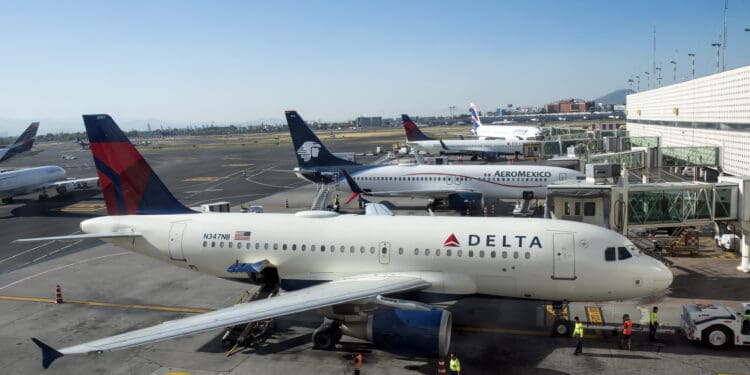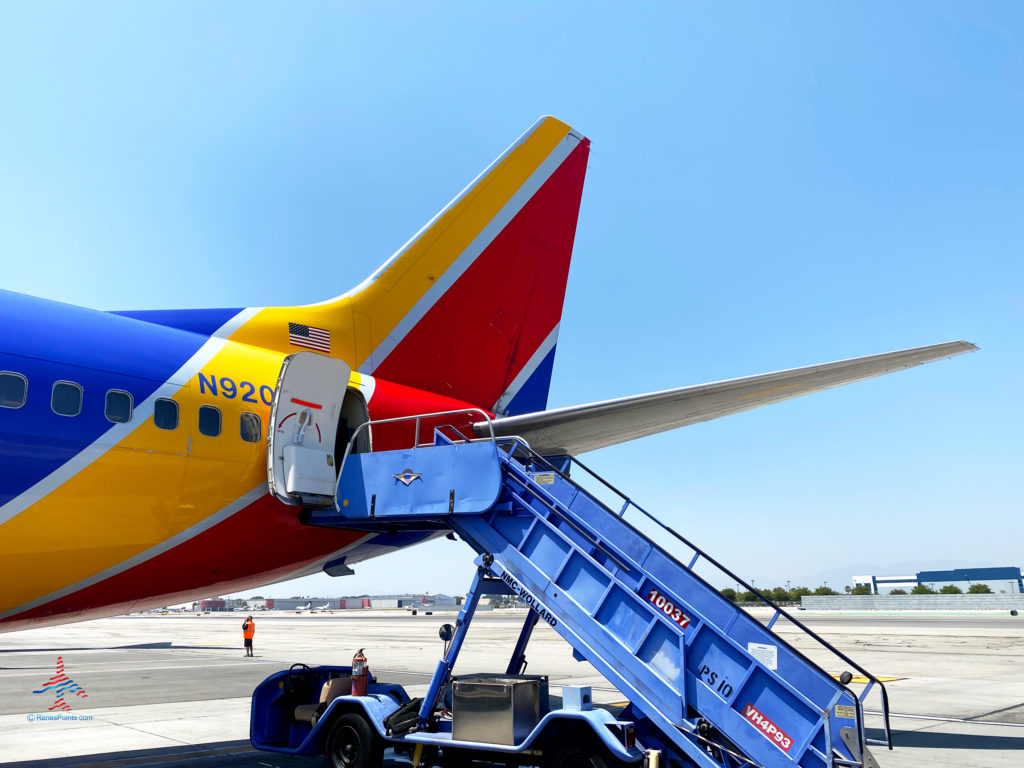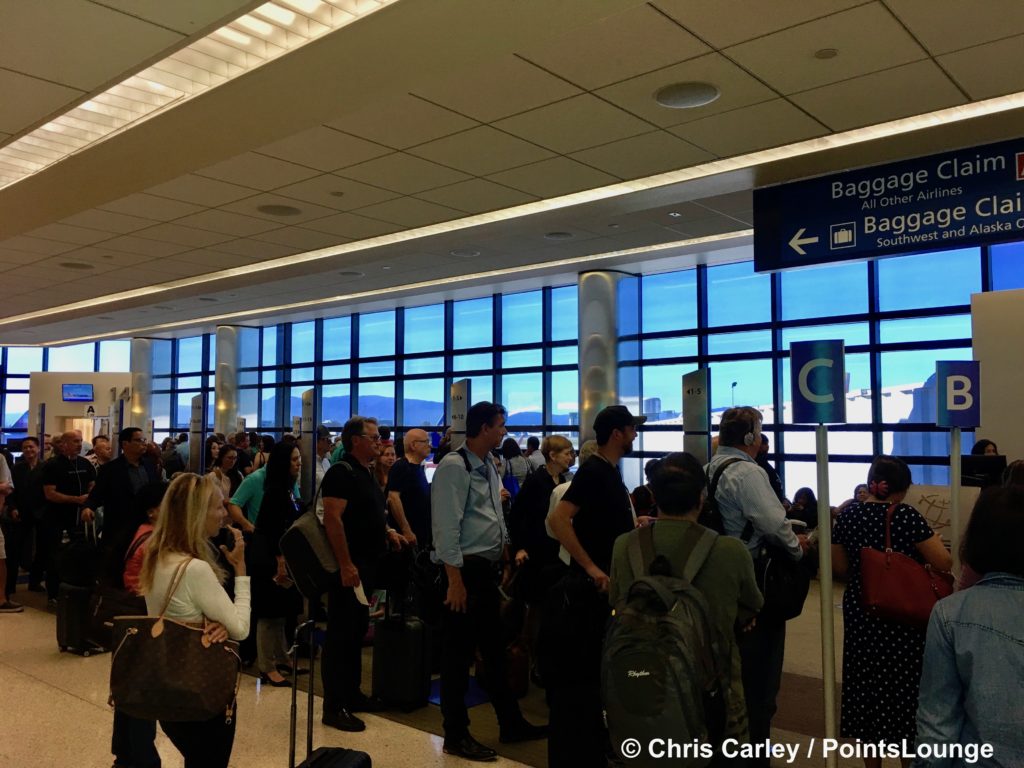At the airport, most of the general public only cares about one thing: the status of their flight. Whenever we run into any delays, it feels like the end of the world and causes us to keep checking our watches (or phones) until we finally depart. While we care a lot about the on-time departure of our flights, airlines are concerned with even more metrics about your flight. Against popular belief, airlines are penalized when their flights don’t go to schedule. Depending on the destination, that could mean losing slots at tightly restricted airports.
The FAA tracks every U.S. airline through the Bureau of Transportation Statistics. Besides on time arrival and departures, most major airlines are tracked by their flight completion, number of cancellations, rate of diversions, mishandled baggage, and more. Most metrics can be simplified down to just a handful of key data points that reflect the overall health of the airline.
On-Time Departure
Often referred to as D0, this metric tracks how close to the scheduled departure time a flight departs. While leaving early doesn’t positively affect your score, leaving even one minute after the scheduled departure time negatively affects your overall performance. This is why you often see flights closing their boarding doors 10 to 15 minutes before scheduled departure. Airlines are so strict about hitting this D0 metric that they will push their gate agents to close flights early to ensure they depart on time or early to avoid this penalty.
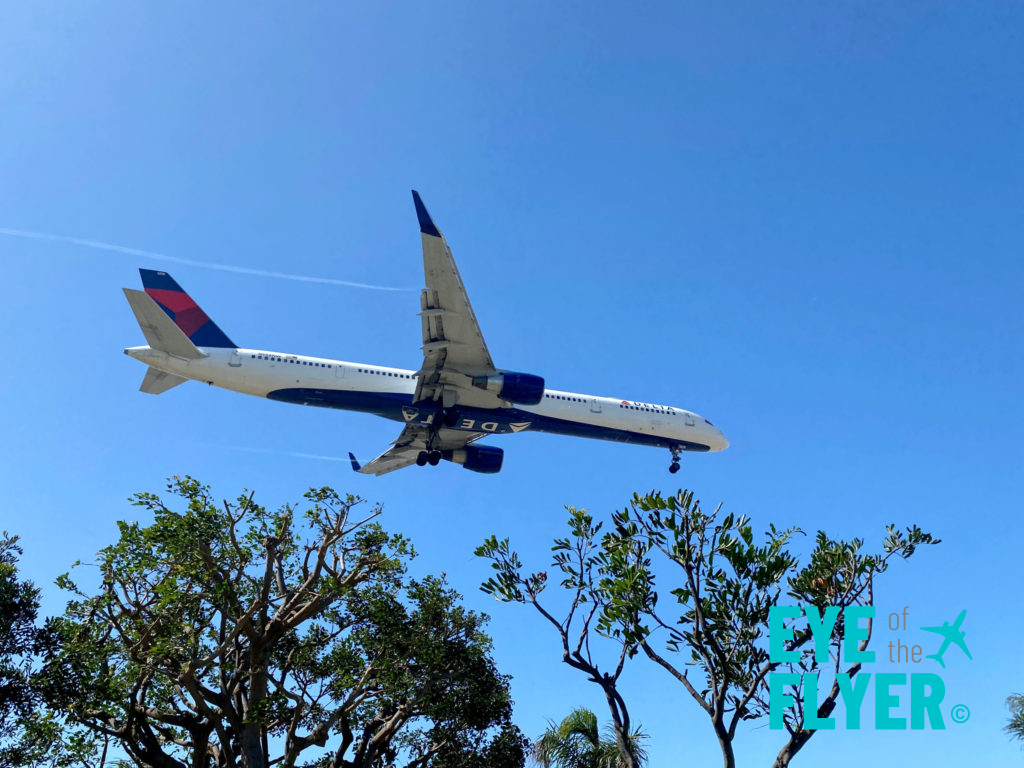
On-Time Arrival
Often referred to as A0, and most of the time having the largest variance from flight to flight, tracks how closely you arrive to your scheduled arrival time. Flights arriving late risk a lot more than passenger connections. At tightly slot-controlled airports like London Heathrow, you could lose your slot for being constantly late. A trick most airlines use to mitigate delays like this will “over block” their flights by way of scheduling them for a longer flight time than it would normally take. That way, if their flight is delayed, there’s still a chance the flight will arrive near their scheduled arrival time.
Completion Factor
Usually shortened to CF, it is expressed as a percentage of the scheduled flight operation that makes it to its final destination. This metric does not take into account flight delays, instead all that matters is if the scheduled was completed at all. This causes some unique situations where a flight may be delayed by more than a day but is still operated instead of canceled. As long as the flight makes it to its destination it is a completed flight.
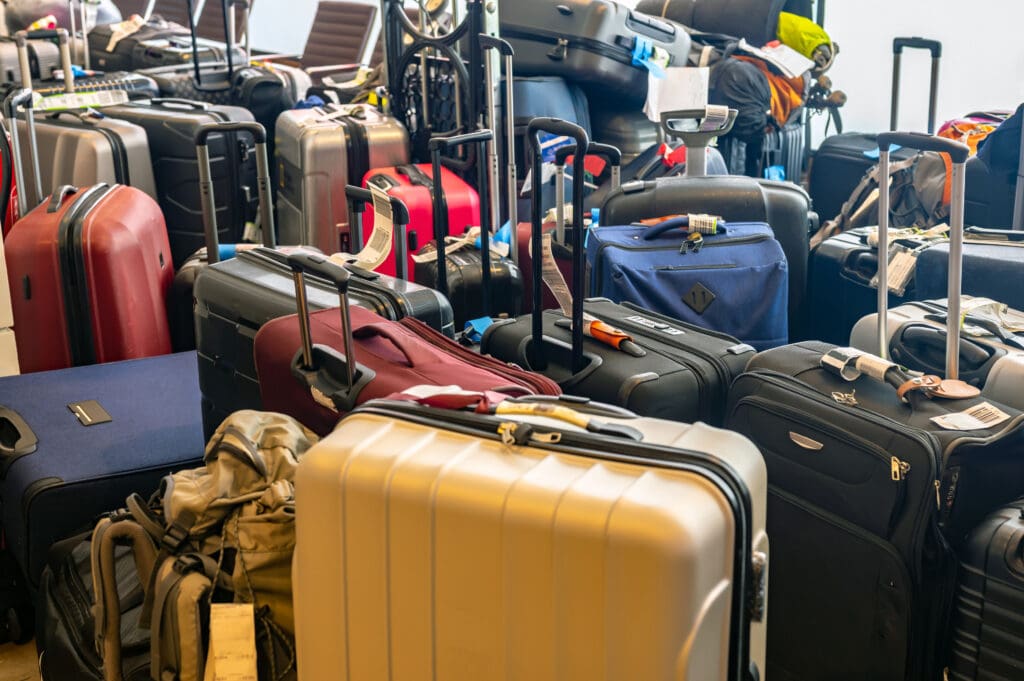
Mishandled Baggage
Also known as Mishandled Bag Rate or MBR, is a statistic that has to be reported to the FAA. If your luggage is ever damaged, lost, stolen, or delayed, airlines must report this to the FAA and it is factored into their overall rating as an airline. In 2022, the global mishandled bag rate was 7.3 bags per 1,000. Compared to 2021, the rate was 4.35; the rate was 5.6 in 2019. The current mishandled bag rate has increased during the last two years. I believe this contributes to the increased complaints we see on social media about damaged and stolen bags.
Involuntary Denied Boarding
IDB (or “bumping”) is the scariest thing that can happen to you at the airport. This is when an airline doesn’t have space for you on the airplane. There are a variety of reasons this could happen such as equipment change, overbooking of flights, inoperative seats, or performance limitations. If an airline denies you boarding due to one of these conditions, these are also reported to the FAA. Airlines will try to get around this by a process of buying you off the flight. This voluntary denied boarding is not recorded and why we see reports of airlines offering crazy amounts of money to get people off of an airplane.

Consumer Complaints
Much like mishandled baggage is tracked as a rate per 100,000 passengers who submit complaints to airlines. This could include problems with tickets, with luggage, other issues that pop up during their trips, or any aspect of the airline. Your complaint that you submit to the airline is also tracked by the FAA and reported as an overall statistic of the airline’s performance. There is an entirely separate report published by the FAA for consumer reporting statistics.
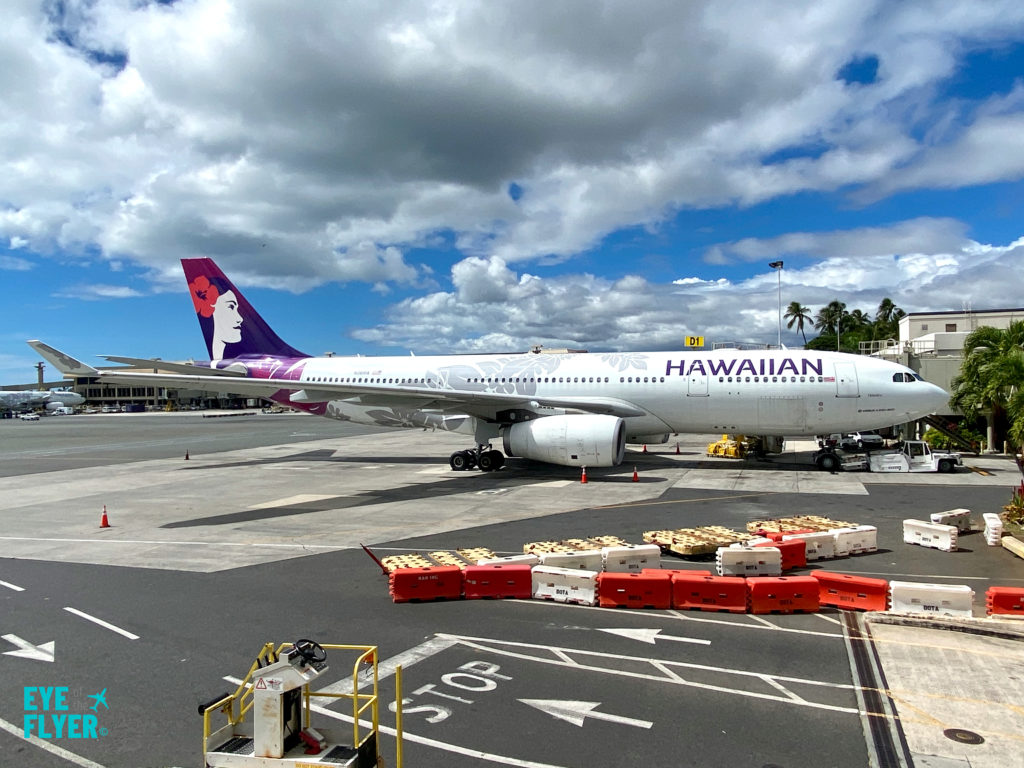
Final Approach
Airlines track so many statistics that your head would spin! There are entire departments whose responsibility is to manage and track statistics about their own airline as well as compare to the competition. However, knowing about these key six statistics informs about the overall health of U.S. airlines, and year over year, we can evaluate if these airlines are doing better.
Tell us: what do you consider the most important performance indicator for an airline? Is it departing on time, arriving on time, or could it be how they handle your checked luggage?
Responses are not provided or commissioned by the bank advertiser. Responses have not been reviewed, approved or otherwise endorsed by the bank advertiser. It is not the bank advertiser's responsibility to ensure all posts and/or questions are answered.


